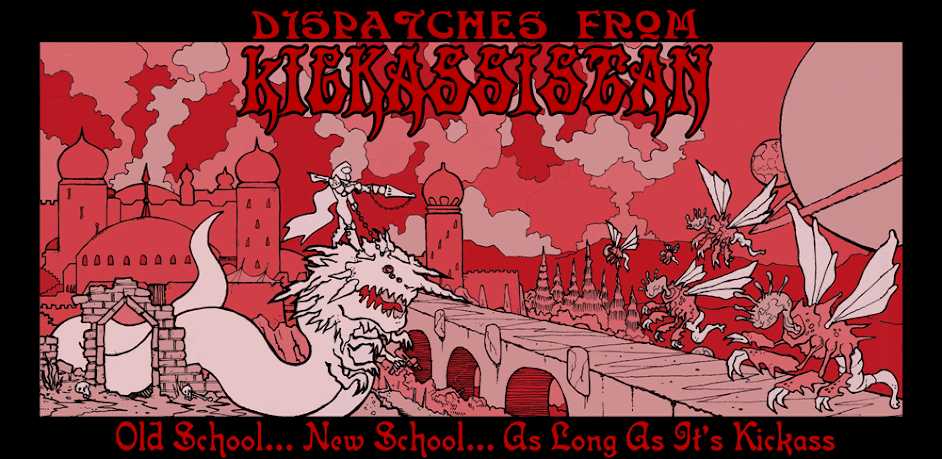Riding next to the king was only person among the Skallic horde to wear white. Black and white beads made a veil before her face, forming the shape of an open eye, unblinking, ever alert. Atop her head, her beaded leather headdress was crowned by the antlers of a hart, from the tips of which hung tiny skulls and castoff bones. A mantle of white leather wrapped around her, half cloak, half shield. She had not the lack of caution her brother championed, for she was a priest of the Stag-Headed God, one of the three gods of death venerated by the Skalls.
The Stag-Headed God was easily the least understood of these gods. The God of Blackened Skies had risen in popularity drastically in the civilized lands for reasons the Skalls could not comprehend; those worshippers in urban centers like Av Arat and Ur-Hadad made little sense to the marauding Skalls. The God Under the Mountain was less well-understood by outsiders; he was both the god of burial and the gods of deaths to the beasts and elements of the mountains.
But the Stag-Headed God? Few scholars even knew of the third god, and for good reason: his priests moved among them, unbidden and unseen, slowly guiding their cities and towns toward greater prosperity, that they might prove a prize worthy of conquest by the might of Skallic armies. The Stag-Headed God was both hunter and prey; the god both oversaw the would-be prey of the Skalls to ensure their worthiness and they also ensured the worthiness of the Skalls, driving the savage beasts of wilder places to challenge the Skalls, claiming all who die to their claws and fangs as souls claimed by the Stag-Headed God.The feeble villagers of Irsken did not know that the craftsman Vresek had been one of the priests of the Stag-Headed God, for they are trained in such deceit and treachery. They did not know that Vresek had sent word by secret messenger to his high priest, the lady Aska, or that she had passed on word to her brother, that force of nature which bore down upon Irsken now. Those weak villagers had grown fat and wealthy under Vresek’s guidance, and now, Vresek knew, it was time to harvest what he had sown. It was time for Koros of Skall to reap that harvest.


